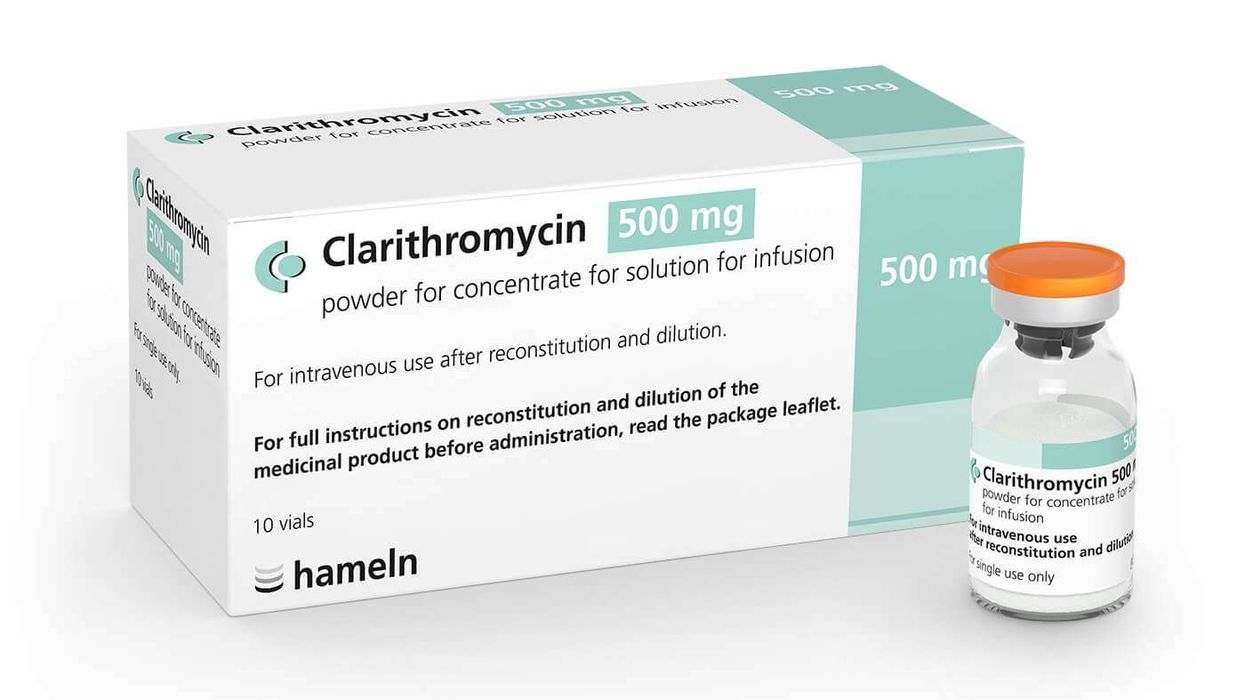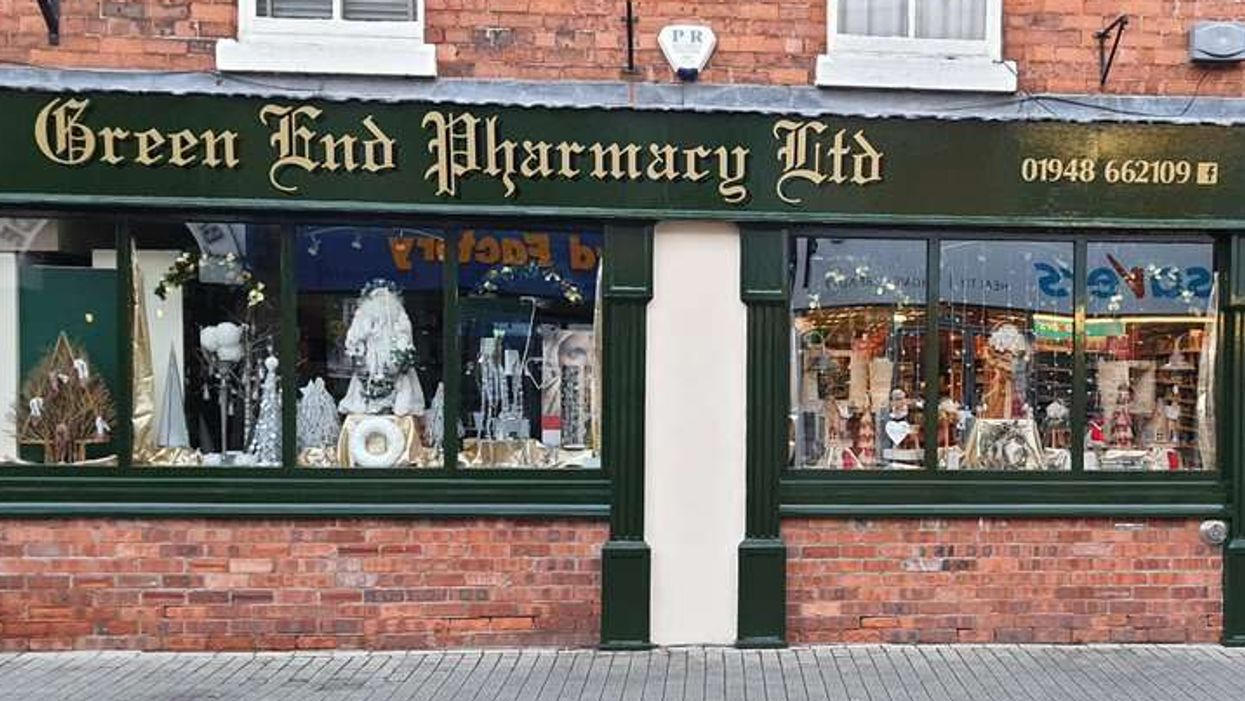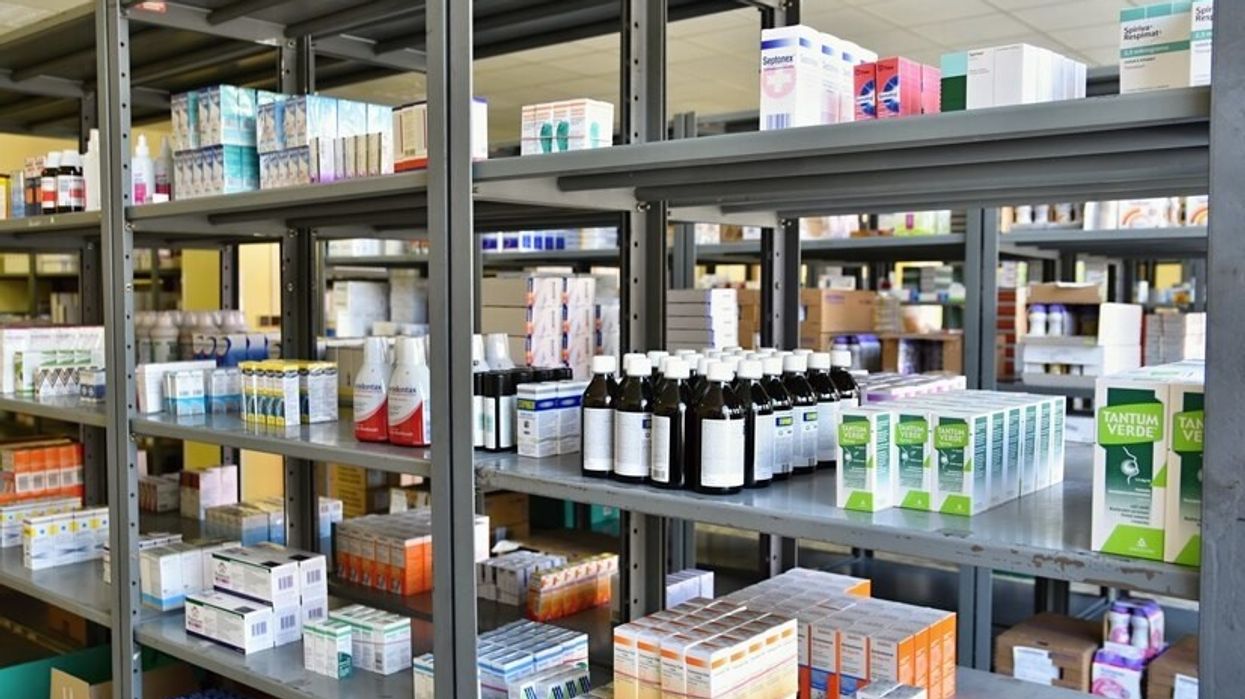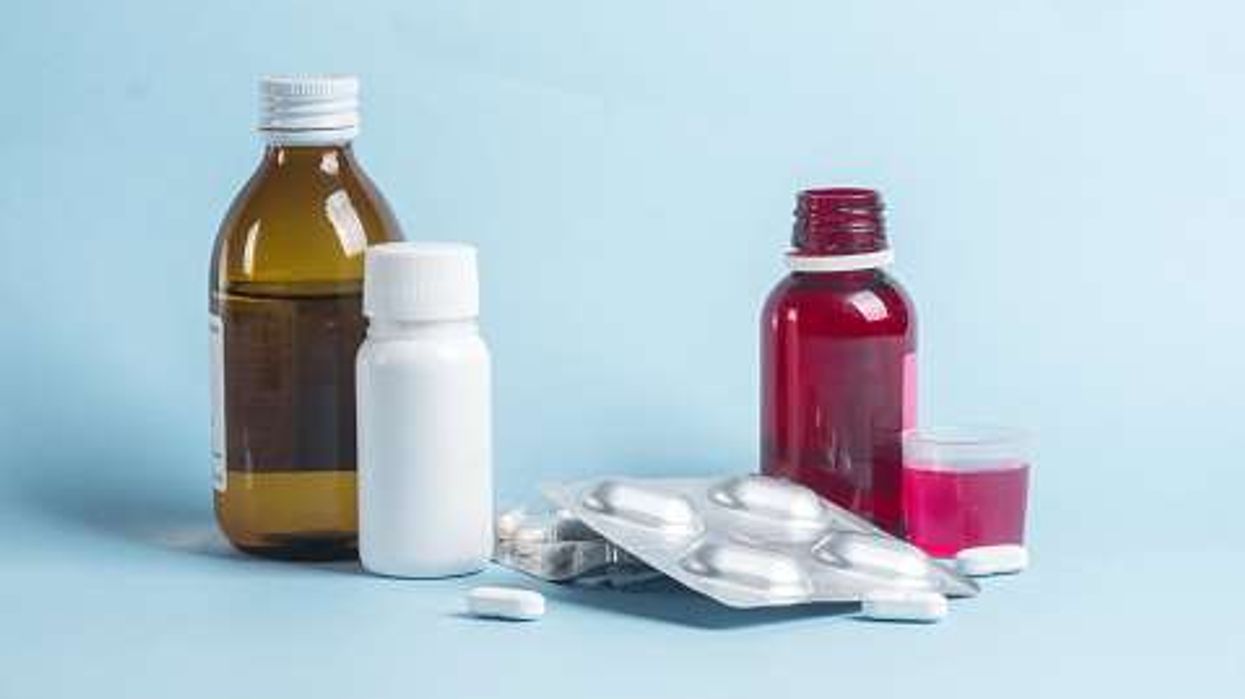The British Generic Manufacturers Association (BGMA) has warned of the significant implications for future supply as a result of the crippling VPAS rate.
The warning comes after the association’s judicial review into the Government’s decision to bar it from being a full part of the negotiations for the next five-year VPAS period was dismissed.
The voluntary scheme for branded medicines pricing and access (VPAS) is an agreement between the Department of Health and Social Care (DHSC), NHS England and The Association of the British Pharmaceutical Industry (ABPI).
The scheme aims to limit increases in spending on branded medicines to no more than 2% per year via a rebate system which is charged on companies’ sales revenues. Two years ago, the rate was 5.1%, but in 2023 it has soared to 26.5%. All biosimilars and a proportion of the generics market falls into the scheme.
The rocketing rate is in large part due to the growth in spending on on-patent medicines since 2019. Looking at the four completed years of the current VPAS scheme, data shows that the average annual growth rate for on-patent medicine sales value from 2019-22 was 18% compared to just 2% for off-patent products.
Almost half the products in the current scheme are branded generics and biosimilars where there is no patent in place, therefore, are already subject to competition. However - for reasons often tied to regulatory compliance - they are required to have a brand and pay the VPAS rebate rate as well.
Generics and biosimilars already create vast annual savings (c. £15bn/year) for the NHS by creating competition for originator products. The NHS would be unaffordable without them. Prices are typically 80% less than the originator brand when it was on-patent and held a monopoly. For big blockbuster drugs losing their patent, generic or biosimilar competition can reduce the price paid by the NHS by 95%. In addition, because of the lower prices paid by the NHS, many more patients can be treated. Thus, the competition provided by branded generics and biosimilars are essential for widening patients’ access to critical drugs.
Recent research by Professor Alistair McGuire, London School of Economics, and the Office of Health Economics showed that the NHS would pay £7.8bn in higher medicine prices if the VPAS levy stays at the current rate for branded generics and biosimilars for the next five years. This is because of product withdrawals and a decline in new off-patent product launches, reducing competition.
Mark Samuels, Chief Executive of the BGMA, said: “The High Court’s judgment is extremely disappointing. Branded generics and biosimilar represent nearly half the medicines covered in the current VPAS scheme. These are medicines which by their nature already face competition. This reduces their cost to the NHS by typically up to 80 per cent compared to the originator price. This competitive model has been very successful and provides the UK with the lowest cost medicines in Europe. However, it is not sustainable for manufacturers to have to pay a further spiraling VPAS rebate on their revenues on top of a successful and well-functioning competitive market.
“Over the past 10 years, VPAS has created a system which has treated on- and off-patent medicines in the same way, despite their supply being driven by different business models, cost pressures and market dynamics. Looking back at the four complete years of the current VPAS (2019-22), the value of on-patent medicine sales grew on average by 18% each year. The value of off-patent sales grew on average by 2% each year. And if you add the need to pay a VPAS claw back on that 2% sales growth, manufacturers have on average not been able to grow at all in recent years. And it means that one part of the pharmaceutical industry is disproportionately paying for growth in another part of the industry.
“The VPAS rates today is now five times what it was just two years ago and for companies already operating on razor thin margins, this is simply economically unsustainable and crippling for manufacturers. The impact will be that companies reluctantly take the tough decision to rationalise their portfolios reducing competition and the money the NHS saves. We will also see a reduction in launches of new products in the UK which will also significantly reduce competition.
“We have only ever wanted an equal opportunity to be proper part of the negotiations discussions given the significant impact they have on our sector. We don’t feel one trade association can adequately balance all needs of the industry. For us to be denied this is entirely illogical in our view and the High Court judgment fails to address the fundamental issue of the differing priorities of the on and off patent sectors.
“The implications of a continuing high VPAS rate are significant in terms of cost to the NHS and availability of medicines. We urge the Government to take these factors into consideration when setting the rate for 2024 and beyond.”











